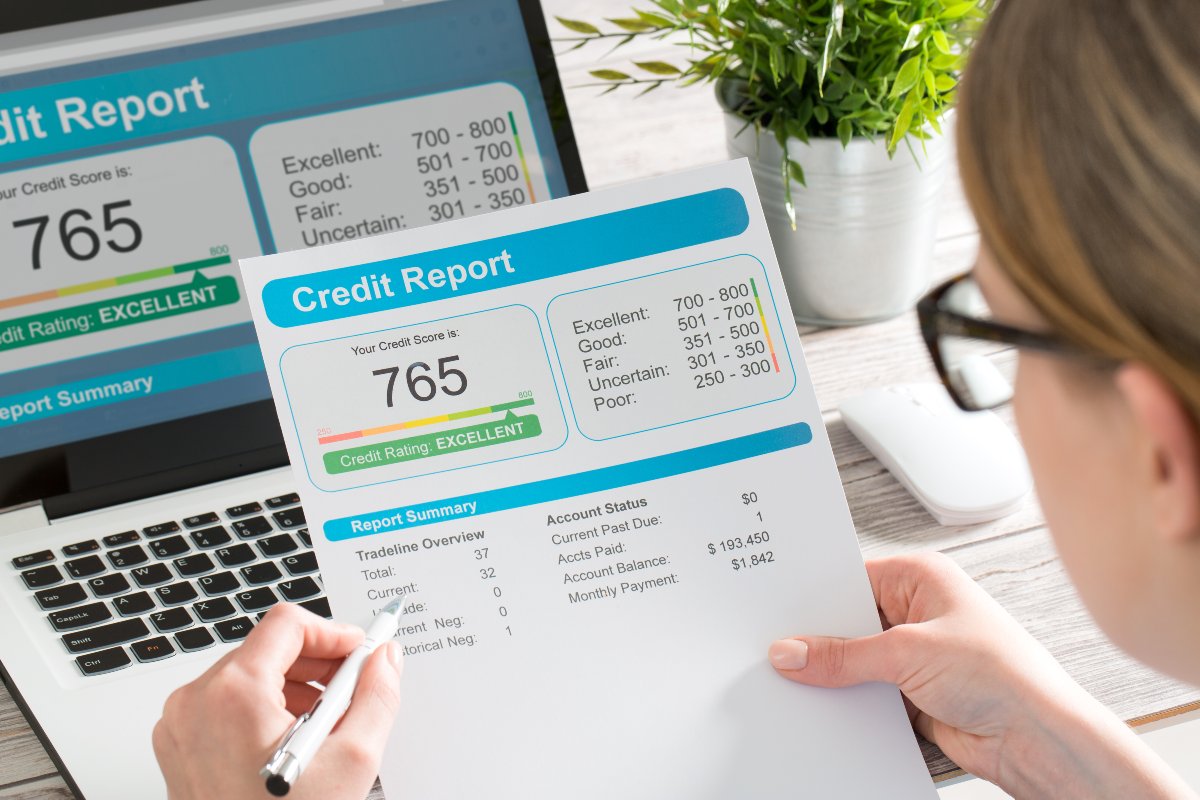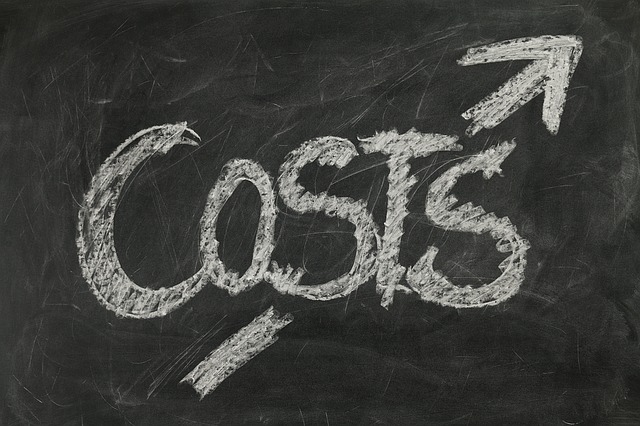How Often Do Your Credit Score and Credit Report Update?
Your credit score is essential to your financial security, but do you know how often it updates? Understanding the ins and outs of credit score and credit report updates can help you make better financial decisions.
In this blog, we'll discuss how often credit scores update, the reporting process, and various factors that can influence your credit score.
The Frequency and Timing of Credit Score Updates
Credit scores are not static, but they don't change every single day either. You may wonder how often does your credit score update. The frequency with which your credit score updates depends on the credit reporting agency and the information source.
Generally, your credit score updates whenever new information is added to your credit report. This new information can include applying for new lines of credit or paying off a credit card. Changes to your credit score can happen at various times, depending on the credit reporting agency and the information source.
Typically, your credit score is updated when credit card issuers, lenders, or collection agencies provide new information to credit reporting agencies.
Generally, you can expect updates every 30 to 45 days. However, some factors can lead to more frequent updates, such as:
- Applying for new credit
- Filing for bankruptcy
- Changes to your credit mix, such as being approved for a new line of credit
- Incurring a high balance in a short amount of time
- Paying off large-sum debt
- Missing payments
- Updating your personal information
How Often Does Your FICO Score Update?
Your FICO score, which is the most commonly used credit score by lenders, updates whenever new information is added to your credit report. However, the frequency of updates may vary based on the source of the information and the credit bureau. Generally, you can expect updates every 30 to 45 days.
Note that each lender will update your information at different times. As a result, your credit score could fluctuate more frequently based on when the lenders send new information to the credit reporting agencies.
Additionally, it's worth noting that each of the three main credit bureaus uses the FICO score algorithm to calculate your credit score. As a result, there may be slight variations in your score among Experian, Equifax, and TransUnion.
Finally, some lenders do not report new information to all three credit bureaus. In most cases, they will only report it to one.
As a result, check your score through each of the credit bureaus for a more accurate number. You can receive one free credit report from each company every year.
How Often Do Credit Card Issuers Report to the Credit Bureaus?
Credit card issuers usually report your account information once a month. However, the specific reporting date may vary between issuers and even between your different accounts with the same issuer.
 To stay on top of your credit score, you can request a credit report from each of the three credit bureaus once a year. As a result, you can receive a free credit check every four months.
To stay on top of your credit score, you can request a credit report from each of the three credit bureaus once a year. As a result, you can receive a free credit check every four months.
What Makes Your Score Go Down?
Several factors can negatively impact your credit score. Let's explore some of the most common ones:
Late Payments
Your payment history makes up 35% of your FICO score, so late or missed payments can significantly hurt your credit. To avoid this, try setting up automatic payments or calendar reminders to ensure you're always on time.
High Credit Utilization
Credit utilization is the amount of credit you are using compared to how much you have available. Ideally, you should aim to keep this ratio below 30%. High utilization can make it more challenging to keep up with monthly payments, increasing the chances of late payments or defaults.
Bankruptcies
Bankruptcies have a major impact on your credit score and can stay on your report for seven to 10 years, depending on the type. If you're facing financial hardship, consider exploring other debt management options before resorting to bankruptcy.
Have you considered alternatives to bankruptcy? Reach out to a financial expert for guidance and explore all your options before making a decision.
Other Negative Items
Other items that can hurt your credit score include:
- Collections
- Foreclosures
- Tax liens
- Judgments
Addressing these negative items promptly can help minimize their impact on your credit. There are also ways you can improve your credit score.
Essential Considerations for Your Credit Score Updates
To ensure a healthy credit score, keep the following in mind:
- Monitor your credit reports for errors and dispute any inaccuracies.
- Diversify your credit mix by having different types of credit accounts.
- Limit hard inquiries by only applying for new credit when necessary.
- Keep old credit accounts open, even if you're not using them actively, to maintain a longer credit history.
- Consider signing up for credit monitoring services that alert you to any significant changes in your credit score or report.
Sum Up
Understanding how often your credit score and credit report update can help you maintain a strong financial profile. By staying informed and proactive, you can make better decisions and keep your credit score in good standing. Keep monitoring your credit, make timely payments, and maintain low credit utilization to ensure your credit score stays healthy and strong.





